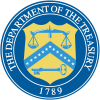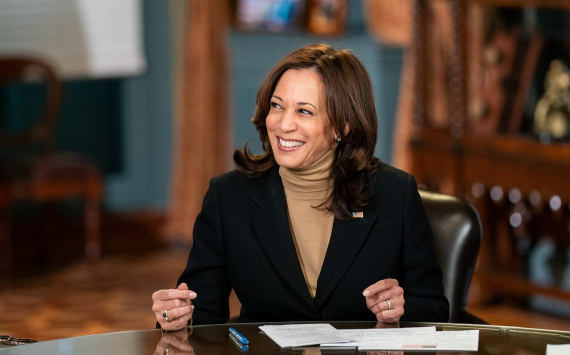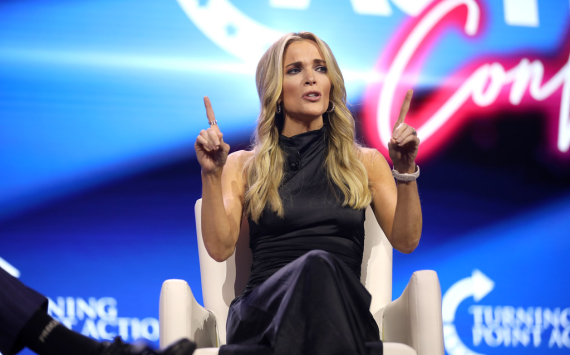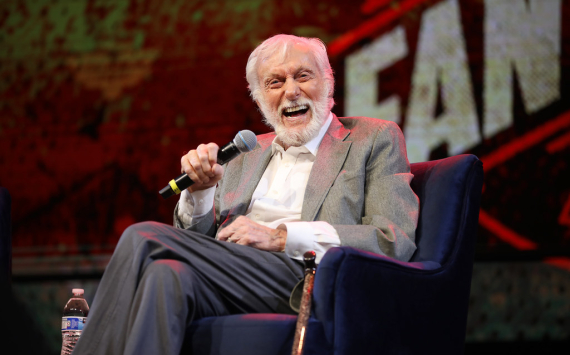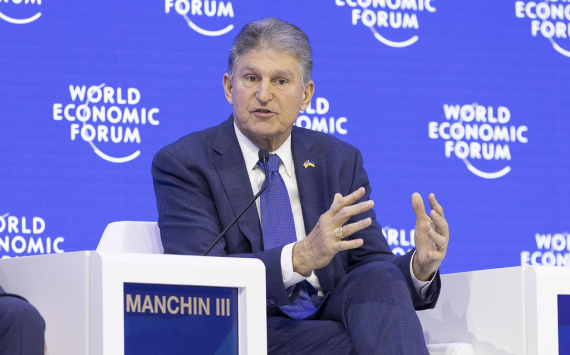
EV Tax Credits in Peril
Senator Joe Manchin, Chair of the Senate Energy and Natural Resources Committee, is calling on Congress to reconsider recent guidance from the Treasury Department on electric vehicle (EV) tax credits. Expressing deep concern, Senator Manchin, a Democrat, asserts that the current guidance not only disadvantages American taxpayers but also escalates U.S. dependence on China by facilitating Chinese companies' access to the EV tax credit.
In response to these pressing concerns, the Senate is actively exploring the possibility of overriding the Treasury's guidance. Senator Manchin initiated the process on Monday by seeking a legal opinion from the U.S. Government Accountability Office to ascertain whether the guidance falls under the purview of the Congressional Review Act.
As the Treasury remains silent on the matter, it recently issued guidance that imposes limitations on Chinese content in batteries eligible for EV tax credits starting the next fiscal year. This development has prompted major industry players such as Ford and Tesla to announce that certain electric vehicles will no longer qualify for tax credits.
In a significant move benefiting automakers, the Treasury has decided to temporarily exempt specific trace critical minerals from stringent rules prohibiting materials from China and other Foreign Entities of Concern (FEOC). This exemption aligns with the goals of an August 2022 law, which aims to shift the U.S. electric vehicle battery chain away from reliance on China.
The FEOC rules are set to take effect in 2024 for completed batteries and in 2025 for the critical minerals used in their production. The Alliance for Automotive Innovation, representing nearly all major automakers, lauds the decision to grant exemptions for two years, emphasizing that without this concession, a substantial portion of vehicles could have lost eligibility for tax credits.
Responding to concerns, the Treasury clarified that the materials exempted until 2026 each constitute less than 2% of the value of battery critical minerals. This clarification underscores the Treasury's intent to minimize the impact of exemptions on the overall value chain while addressing industry anxieties.






